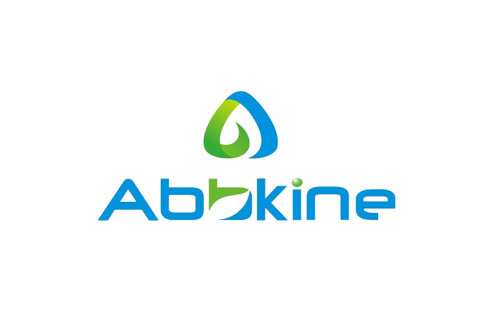Product Description
Human Neuronal acetylcholine receptor subunit alpha-3 (CHRNA3) ELISA Kit | AE61435HU | Abebio
Species Reactivity: Human (Homo sapiens)
Abbreviation: CHRNA3
Alternative Name: LNCR2; MGC104879; NACHRA3; PAOD2; cholinergic receptor; nicotinic; alpha polypeptide 3|neuronal nicotinic acetylcholine receptor; alpha3 subunit
Application: ELISA
Range: 0.312-20 ng/mL
Sensitivity: 0.107 ng/mL
Intra-Assay: ≤4.2%
Inter-Assay: ≤7.4%
Recovery: 0, 85
Sample Type: Serum, Plasma, Other biological fluids
Detection Method: Sandwich
Analysis Method : Quantitive
Test Principale: This assay employs a two-site sandwich ELISA to quantitate CHRNA3 in samples. An antibody specific for CHRNA3 has been pre-coated onto a microplate. Standards and samples are pipetted into the wells and anyCHRNA3 present is bound by the immobilized antibody. After removing any unbound substances, a biotin-conjugated antibody specific for CHRNA3 is added to the wells. After washing, Streptavidin conjugated Horseradish Peroxidase (HRP) is added to the wells. Following a wash to remove any unbound avidin-enzyme reagent, a substrate solution is added to the wells and color develops in proportion to the amount of CHRNA3 bound in the initial step. The color development is stopped and the intensity of the color is measured.
Product Overview: Neuronal acetylcholine receptor subunit alpha-3 is a member of the nicotinic acetylcholine receptor family of proteins. Members of this family of proteins form pentameric complexes comprised of both alpha and beta subunits. This locus encodes an alpha-type subunit, as it contains characteristic adjacent cysteine residues.The encoded protein is a ligand-gated ion channel that likely plays a role in neurotransmission. Polymorphisms in this gene have been associated with an increased risk of smoking initiation and an increased susceptibility to lung cancer. Alternatively spliced transcript variants have been described.
Stability: The stability of ELISA kit is determined by the loss rate of activity. The loss rate of this kit is less than 5% within the expiration date under appropriate storage condition. The loss rate was determined by accelerated thermal degradation test. Keep the kit at 37°C for 4 and 7 days, and compare O.D.values of the kit kept at 37°C with that of at recommended temperature. (referring from China Biological Products Standard, which was calculated by the Arrhenius equation. For ELISA kit, 4 days storage at 37°C can be considered as 6 months at 2 - 8°C, which means 7 days at 37°C equaling 12 months at 2 - 8°C) .
 Euro
Euro
 USD
USD
 British Pound
British Pound
 NULL
NULL












